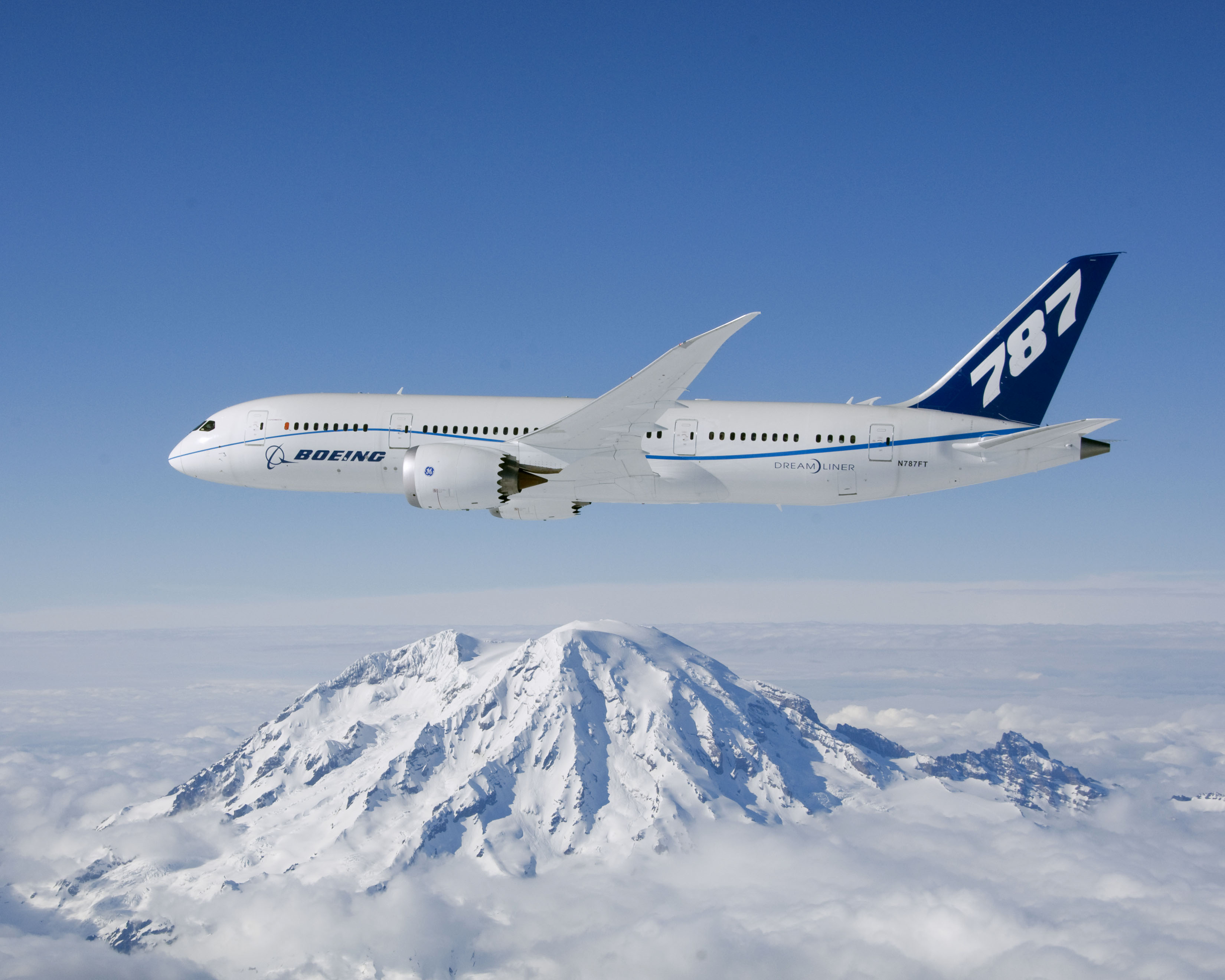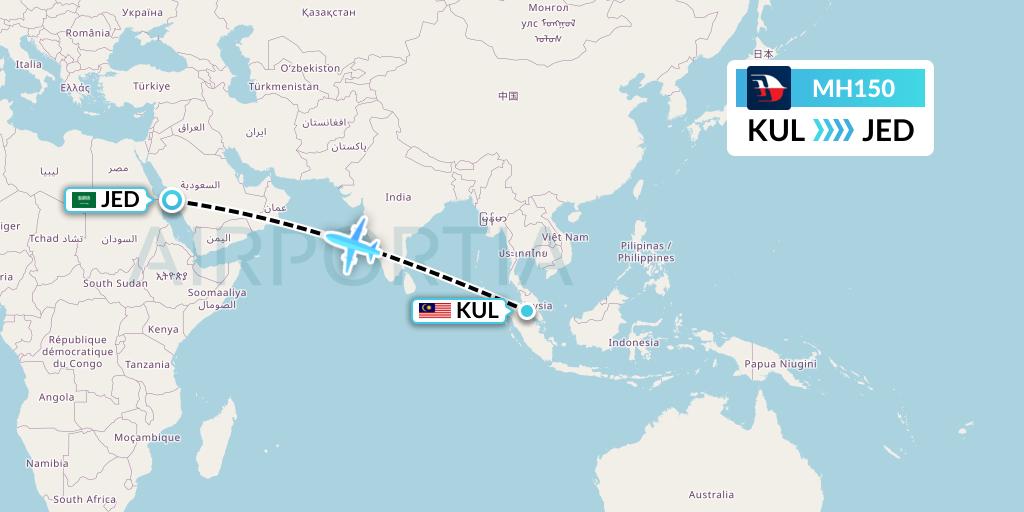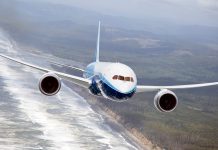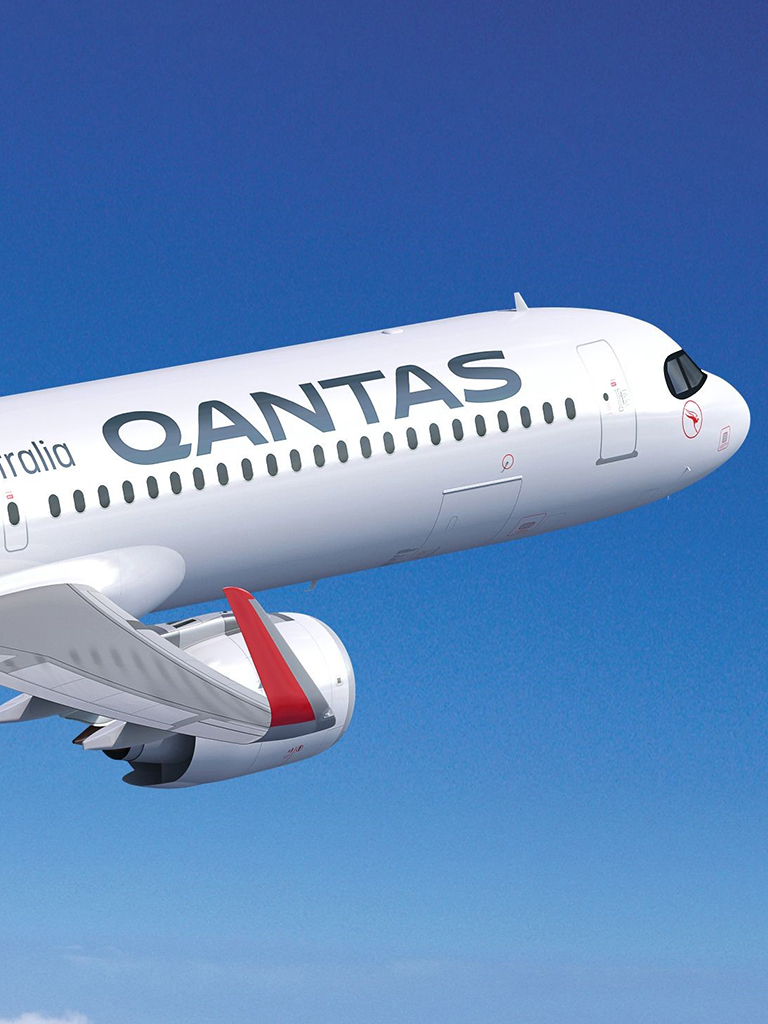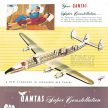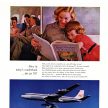Boeing and its 180-seat 737 MAX have been dealt a huge blow with its long-time customer Qantas abandoning the Seattle aerospace giant for Europe’s Airbus A320neo family of narrow-body jets as part of its Project Winton
Qantas has also ordered the smaller Airbus A220 for its regional operations.
Both these aircraft types will cut airport noise by up to 50 percent and emissions by around 20 percent.
Subject to final Board approval, an order is anticipated by the end of FY22 consisting of 40 firm commitments and 94 purchase right options, with flexibility on timing and mix of aircraft from within these two families.
Aircraft would start arriving by the first half of FY24 and deliveries would be spread over the following 10-plus years as the airline’s existing Boeing 737-800s and 717s reach the end of their economic lifespan.
READ: After Qantas Airbus order Boeing must rethink the 737 MAX.
READ: Qatar Airways Qsuite the ultimate in privacy
Qantas has 75 174-seat 737-800s and 20 100-125 seat 717s and the shortlisted replacement aircraft were the Boeing 737 MAX, Airbus A320neo, at the higher capacity end, and the Airbus A220 and Embraer E-195 E2 with smaller capacity.
A firm commitment for 40 aircraft – 20 A321neoXLR (extra long-range) and 20 A220 aircraft – is expected to be placed with Airbus by the end of FY22, following discussions with employees about arrangements to operate the new aircraft types and a final decision by the Qantas Board.
Qantas will also have a further 94 purchase right options on aircraft over a 10-plus year delivery window as its existing Boeing 737-800s and 717s are gradually phased out.
The order is in addition to Jetstar’s existing agreement with Airbus for over 100 aircraft in the A320neo family.
Qantas said that part of the new order is the ability to combine these two orders so that the Group can draw down on a total of 299 deliveries across both the A320 and A220 families as needed over the next decade and beyond for Qantas, QantasLink and Jetstar.
Qantas said that once finalized, this will represent the largest aircraft order in Australian aviation history.
The A321neoXLR can carry around 15 percent more passengers on each flight than the airline’s existing B737-800s, making it well suited to busy routes between capital cities like Melbourne, Sydney, and Brisbane. Its longer range means it can also be used to open up new city pairs from Perth.
The small and medium-size A220s provide the Group with the flexibility to deploy these aircraft throughout most of its domestic and regional operations.
They could be used during off-peak times between major cities and on key regional routes to increase frequency.
Both aircraft types will be powered by Pratt & Whitney GTF engines and will deliver fuel savings of between 15-20 percent, contributing to the airline’s broader emission reduction efforts.
Qantas Group chief executive Alan Joyce said the airline had called the renewal of its domestic fleet Project Winton after the town where the national carrier was born 101 years ago because it’s a key strategic decision for the future of Qantas Domestic.
“This is a long-term renewal plan with deliveries and payments spread over the next decade and beyond, but the similarly long lead time for aircraft orders means we need to make these decisions now.
“Qantas is in a position to make these commitments because of the way we’ve navigated through the pandemic, which is a credit to the whole organization.
“This is a clear sign of our confidence in the future and we’ve locked in pricing just ahead of what’s likely to be a big uptick in demand for next-generation narrow-body aircraft. That’s good news for our customers, our people, and our shareholders.
“The Airbus deal had the added advantage of providing ongoing flexibility within the order, meaning we can continue to choose between the entire A320neo and A220 families depending on our changing needs in the years ahead. The ability to combine the Jetstar and Qantas order for the A320 type was also a factor.
“The A320 will be new for Qantas Domestic, but we already know it’s a great aircraft because it’s been the backbone of Jetstar’s success for more than 15 years and more recently operating the resources industry in Western Australia.
“The A220 is such a versatile aircraft which has become popular with airline customers in the United States and Europe because it has the capability to fly regional routes as well as longer sectors between capital cities.
“The combination of small, medium, and large jets and the different range and economics they each bring means we can have the right aircraft on the right route.
“Importantly, these aircraft will deliver a step-change in reducing fuel burn and carbon emissions compared with our current fleet, which gets us closer to the net-zero target we’ve set,” Mr. Joyce said.
Christian Scherer, Airbus Chief Commercial Officer and Head of International said:
“We are honoured to have been selected by Qantas for its comprehensive single-aisle fleet replacement program. This has been an especially exciting campaign that has pushed the boundaries of technical, operational, and financial evaluation, with, in addition, a specific focus on sustainability.
“With the combination of the A220 and A320neo families, Qantas is charting a course to operate one of the most modern, sustainable, and fuel efficient fleets in the world. All this while offering its passengers the highest levels of aircraft cabin comfort in both the domestic and regional market segments.
“We look forward to delivering the new Qantas fleets and to working together with this world-class airline to ensure a sustainable future for our industry in Australia and beyond.”
A Boeing spokesman said:
“We respect Qantas’ decision and look forward to continuing our long-standing partnership. Boeing airplanes including the 787 Dreamliner serve a significant role at Qantas and we will continue to partner with the airline to support its fleet.”


